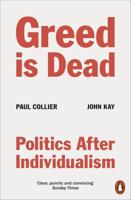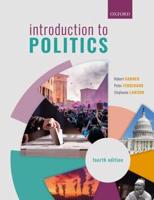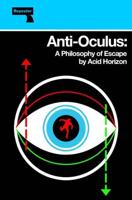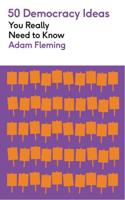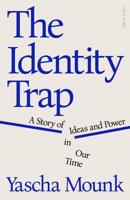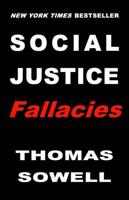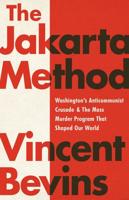Publisher's Synopsis
Excerpt from The Nation's Ballot and Its Decision: A Discourse Delivered in Austin-Street Church, Cambridgeport, and in Harvard Church, Charlestown, on Sunday, Nov, 13, 1864; Being the Sunday Following the Presidential Election
There is a striking contrast between two scenes presented to us in Gospel history, in the record of both of which we read of the casting-of-lots. There is all possible difference between the two applications or meanings of that same phrase in the two incidents. In the one case, an issue was staked on what is called "blind chance;" in the other, on a deliberately solemn expression of a devoutly guided will in forming a judgment. The Roman soldiers, the mechanical officials at the Saviour's cross, when that tragedy was over, "cast lots" for his garment. The eleven apostles, purposing to fill one vacancy in their former fellowship, to preserve the national, traditional sanctity and associations with the number "twelve," gave forth their lots.
In both cases, so far as was visible to the eye, the method of decision was the same. The word "lot" is suggestive to us of an appeal to chance. To cast a lot, to throw, to toss, to stake a venture on the die, are all tokens that men commit to the decision of hap what they will not dispose by intelligence or choice, or the decision of the higher Will. Any tool or implement or test will serve for that use. But when, instead of the word "lot," we use the word "ballot," we begin to discern a difference; and the difference mounts and strengthens, till all thought of an appeal to chance leaves our minds, the more we interpose of human preference, purpose, or will.
About the Publisher
Forgotten Books publishes hundreds of thousands of rare and classic books. Find more at www.forgottenbooks.com
This book is a reproduction of an important historical work. Forgotten Books uses state-of-the-art technology to digitally reconstruct the work, preserving the original format whilst repairing imperfections present in the aged copy. In rare cases, an imperfection in the original, such as a blemish or missing page, may be replicated in our edition. We do, however, repair the vast majority of imperfections successfully; any imperfections that remain are intentionally left to preserve the state of such historical works.

